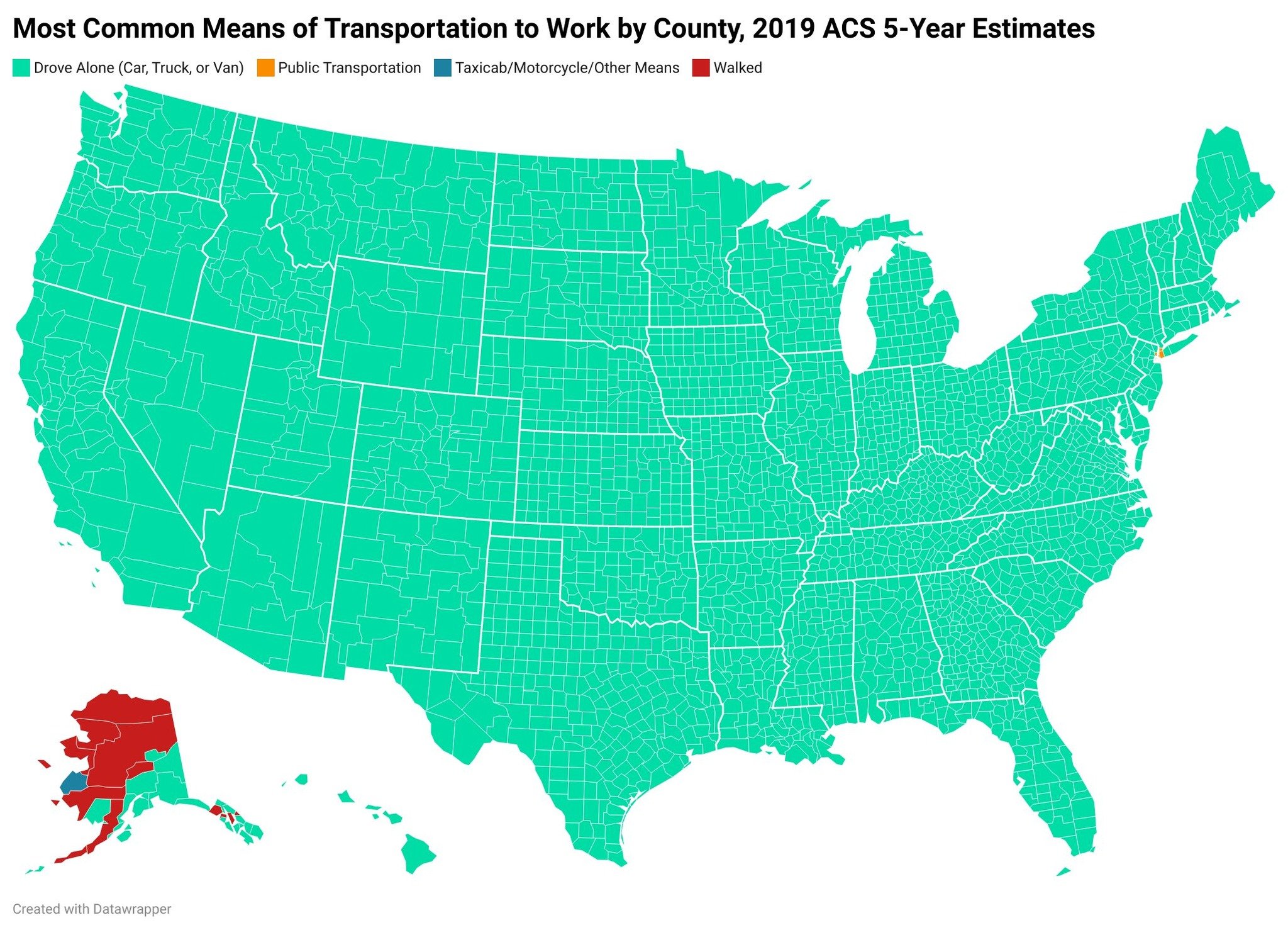Fuck Cars
A place to discuss problems of car centric infrastructure or how it hurts us all. Let's explore the bad world of Cars!
Rules
1. Be Civil
You may not agree on ideas, but please do not be needlessly rude or insulting to other people in this community.
2. No hate speech
Don't discriminate or disparage people on the basis of sex, gender, race, ethnicity, nationality, religion, or sexuality.
3. Don't harass people
Don't follow people you disagree with into multiple threads or into PMs to insult, disparage, or otherwise attack them. And certainly don't doxx any non-public figures.
4. Stay on topic
This community is about cars, their externalities in society, car-dependency, and solutions to these.
5. No reposts
Do not repost content that has already been posted in this community.
Moderator discretion will be used to judge reports with regard to the above rules.
Posting Guidelines
In the absence of a flair system on lemmy yet, let’s try to make it easier to scan through posts by type in here by using tags:
- [meta] for discussions/suggestions about this community itself
- [article] for news articles
- [blog] for any blog-style content
- [video] for video resources
- [academic] for academic studies and sources
- [discussion] for text post questions, rants, and/or discussions
- [meme] for memes
- [image] for any non-meme images
- [misc] for anything that doesn’t fall cleanly into any of the other categories
Recommended communities:
view the rest of the comments

I believe it, I just wonder what edge case makes this possible?
Like is it people living on farms, or oil rigs?
i think it's probably the fact that alaska is a really rough environment, and cars are generally not fond of those.
Like i said the majority of that doesn't have people living in it, so it's literally only walkable because there is no infrastructure what so ever. It's just cabins in the middle of nowhere.
The coast line i think is walkable primarily due to the unique economy and residential housing structures. You're not going to move far from where the work is in a place like alaska, you don't exactly get that luxury, so you're automatically in a more walkable "economy"
i believe a significant portion of the alaskan economy is fishing. Farming to my knowledge basically doesn't happen at scale, oil is another significant portion, but then again, that probably requires vehicles, so.